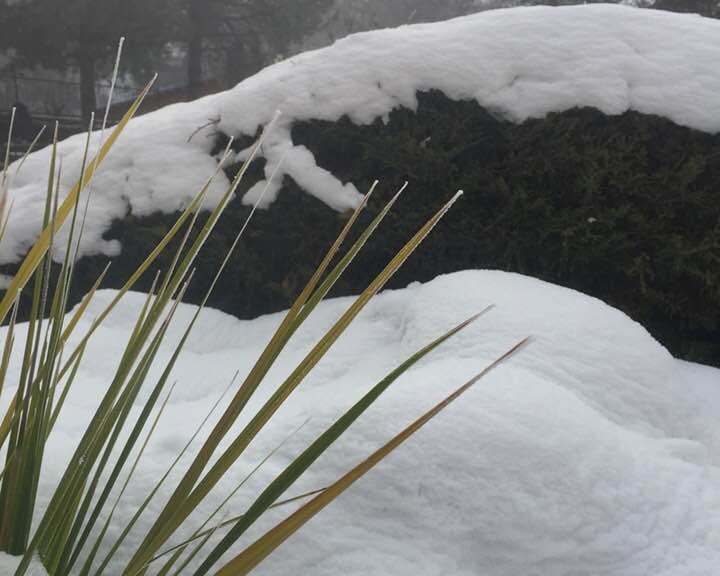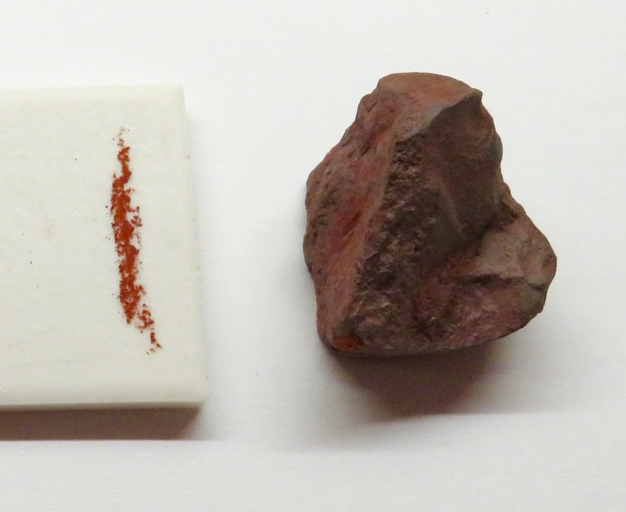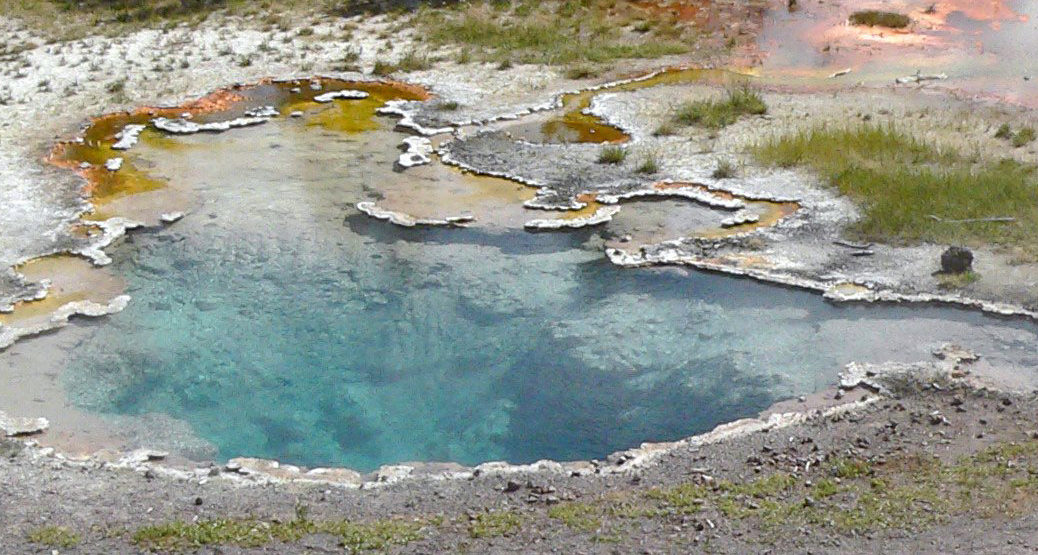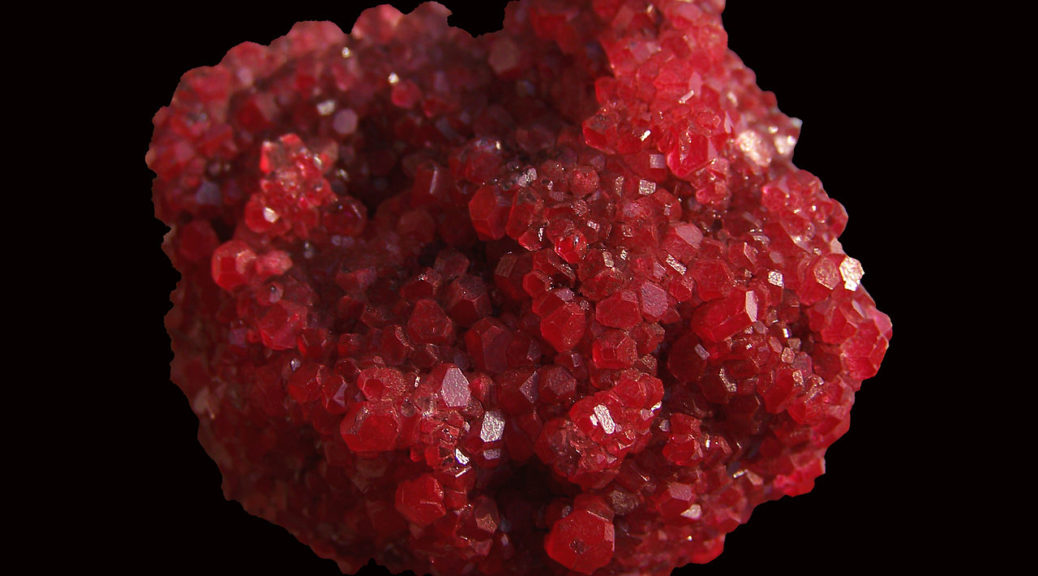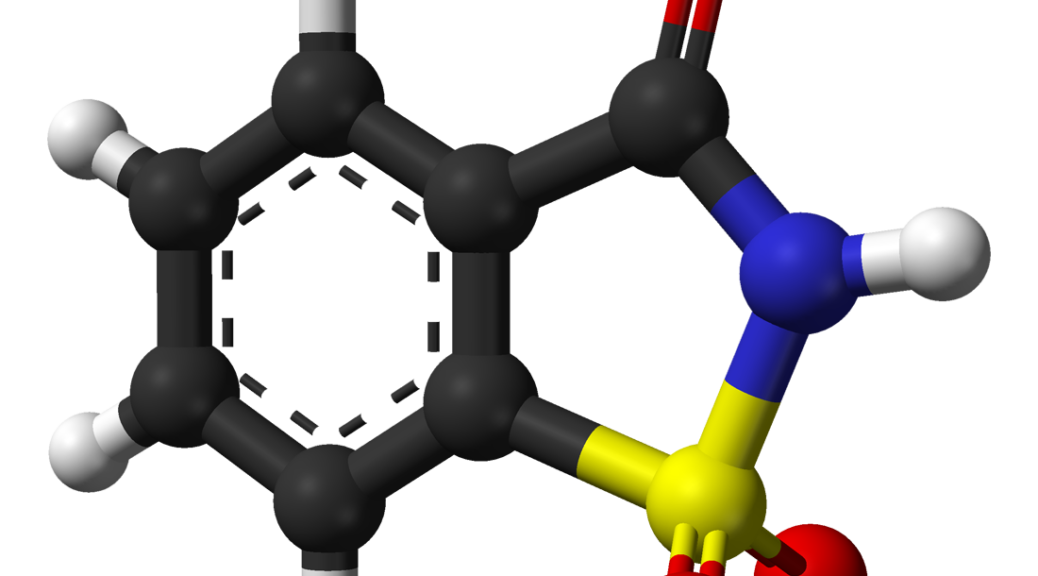The Element Named after Soap
This is the Gnarly Science Merry Blogmas post for December 16, 2017 | If you make your own soap or do a lot of gardening, you probably know where this is going. Many of the oldest element names come from Medieval words like nitrogen from natron or sodium from soda. Some have kept their old names like sulfur. Some have names whose origins are lost to us like antimony. While the roots of most element names are rather mundane, there…

